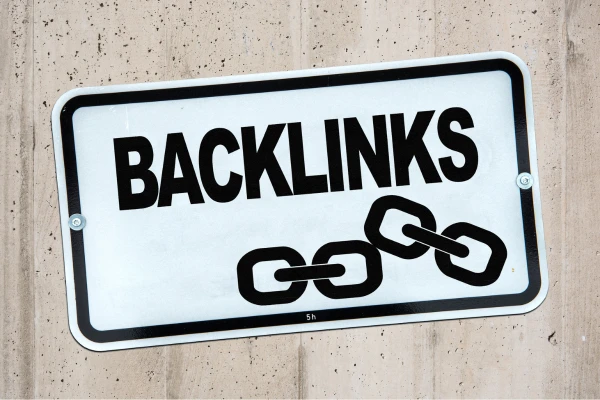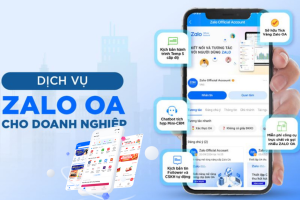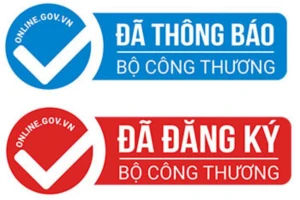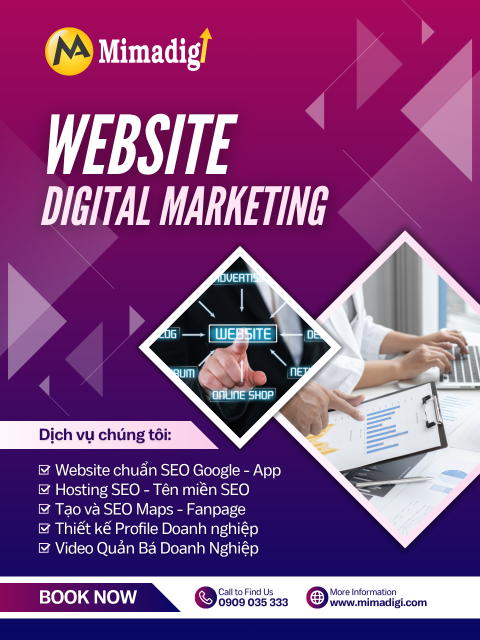How Does Online Advertising Affect New Data Privacy Regulations?
The New Era of Privacy and Challenges for Online Advertising
In recent years, personal data privacy regulations have been tightening globally, with notable laws such as GDPR (Europe), CCPA (California, USA), PDP (Vietnam), and many drafts awaiting approval in other countries.
These regulations are designed to protect user information from unauthorized collection, sharing, and exploitation, but they pose significant challenges for the online advertising industry, which relies on behavioral data.
The big question is: How can businesses still effectively promote products, reach the right audience, personalize content... while the amount of data they can collect is increasingly limited?
Significant Legal Changes Affecting Digital Advertising

GDPR (General Data Protection Regulation)
Effective since 2018, GDPR requires businesses to obtain explicit consent from users before collecting and processing personal data. This directly affects the deployment of cookies, tracking pixels, and retargeting.
CCPA (California Consumer Privacy Act)
Similar to GDPR but focuses on the right to refuse data sharing and the right to know what data is being collected. Advertising businesses in the US must adjust their tracking tools and cookie notices.
PDP (Personal Data Protection Law in Vietnam)
Effective since 2024, PDP requires individuals to be clearly informed about the purpose of data collection and have the right to refuse. This forces advertising platforms in Vietnam to redesign their consent and data storage processes.
The Demise of Third-Party Cookies and the Rise of New Solutions
Google Eliminates Third-Party Cookies on Chrome
Google has planned to eliminate third-party cookies on the Chrome browser, which has a serious impact on traditional tracking methods.
Alternative Solutions: FLoC, Topics API, and Privacy Sandbox
Google proposes the Privacy Sandbox ecosystem to replace third-party cookies, with the goal of protecting user privacy while still supporting personalized advertising.
Increasing Role of First-Party Data
Brands are starting to focus on collecting data directly from customers through forms, registrations, loyalty programs... instead of relying on intermediary platforms.
Consequences for Online Advertising Strategies

Retargeting Becomes More Difficult
No more third-party cookies means it's harder to identify users who have visited a website. Therefore, the ability to display behavior-based ads decreases sharply.
Conversion Measurement is Affected
Lack of user tracking data leads to difficulty in accurately measuring post-click behavior (conversion, bounce rate...), making it difficult to evaluate campaign effectiveness.
Personalized Advertising Faces Limitations
Without detailed data on demographics, behavior, preferences... ad creatives become less effective due to a lack of relevant elements.
What Should Businesses Do to Adapt and Maintain Advertising Effectiveness?
Enhance Collection and Optimization of First-Party Data
Focus on building a CRM system, email marketing, and loyalty platforms to collect primary data from customers.
Apply Contextual Targeting Model
Without relying on user behavior, ads will be displayed based on page content (e.g., milk ads displayed in articles about raising children).
Use Cookieless Tracking Technology
Explore technologies such as server-side tracking, model attribution, and proprietary analytics tools instead of third-party pixels.
Be Transparent and Proactive in Privacy Policies
Update privacy policies, clarify how data is used, and build trust with users.
Collaborate Closely with Major Advertising Platforms
Google, Facebook, and TikTok are constantly updating solutions to comply with new regulations. Businesses should closely monitor to promptly deploy new features.
In-depth Analysis of Each Advertising Platform

Google Ads
- How they adapt to Privacy Sandbox, how to set up campaigns based on first-party data.
Facebook Ads
- Impact from iOS 14, tracking limitations, and Aggregated Event Measurement tools.
TikTok Ads
- Moving towards contextual content, creating native content suitable for users.
Zalo Ads in Vietnam
- Compliance with PDP and a strategy towards “clean data”.
Comparison of Advertising Before & After Regulations
- Comparison table on tracking, personalization, and measurement processes
- Break down each step of data processing: collection – processing – storage – exploitation.
Analysis of Modern User Psychology
- Current users tend to dislike being “tracked” — but still expect relevant ads.
How to Achieve a Balance Between Advertising Effectiveness and Privacy Experience?

- Strategy for building a private data ecosystem
- Benefits of investing in Data Hub, CDP (Customer Data Platform).
- Increase the use of Landing Pages and Micro-conversions to collect data directly.
Examples and Real-World Case Studies
Case Study 1: Unilever Vietnam
After the PDP Law came into effect, Unilever proactively updated its entire user data management system. They promoted first-party data collection programs such as membership, opinion surveys, and exclusive offers via email registration. As a result, in just 6 months, they collected more than 500,000 quality customer data points, helping to increase the conversion rate of advertising campaigns by 37%.
Case Study 2: Korean Cosmetics Brand - Innisfree
Innisfree in Europe faced difficulties with GDPR when retargeting campaigns were limited. They switched to contextual advertising and UGC (user-generated content). Within 3 months, organic engagement and conversion rates improved significantly without relying on cookies.
Case Study 3: Spotify
Spotify uses user data collected from its own platform to personalize audio ads based on playlists, favorite music genres, and listening habits in the morning/evening. This is a prime example of leveraging first-party data in a smart way, without violating privacy and still achieving high advertising effectiveness.
Advice from Experts at MIMADIG Company
- Prioritize Transparency and User Experience: Building an advertising strategy that respects user privacy not only helps comply with the law but also creates a long-term competitive advantage. Modern consumers value transparency and responsibility in how businesses collect and use data.
- Invest in First-Party Data: Consider data you own as a strategic asset. Collecting, categorizing, and exploiting data from touchpoints such as email, website, social media, CRM... will help you maintain advertising effectiveness without violating new regulations.
- Continuously Update and Train the Marketing Team: Laws change quickly, platforms update continuously, and advertising techniques evolve daily. Businesses need to train their marketing team not only on advertising skills but also on understanding data security principles and new technologies such as AI, cookieless tracking, and contextual ads...
Future Trends: Advertising for Users, Not Exploiting Users
As the world increasingly prioritizes privacy, the online advertising industry is forced to transform. No longer a race to exploit data deep into every behavior, but a journey of building trust, designing ads that respect individual rights and focus on real value.
The brands that succeed in the future will be those that know how to connect with users through authentic experiences, quality content, and transparent data policies.
Privacy is no longer a barrier but will become a competitive advantage for those who know how to leverage it correctly.
Contact Information
- MIMA Trading Service Company Limited
- Address: 31/3B Thoi Tu 1 Hamlet, Dong Thanh Commune, Ho Chi Minh City, Vietnam
- Phone: 0909 035 333
- Website: https://mimadigi.com
- Email: info@mimadigi.com


























Share your review